Both of the Africans who were named cardinals by Francis hail from West Africa, one from the Ivory Coast and the other from Burkina Faso, just north of the Ivory Coast. Jean-Pierre Kutwa, the archbishop of Abidjan, is not the first bishop from his country to receive the title; both his predecessors were also cardinals.
Jean-Pierre Kutwa was born in Blockhauss, Ivory Coast, on December 22, 1945. He was ordained a priest in 1971 and was appointed bishop of Gagnoa by John Paul II in 2001. After representing the Ivory Coast at the Synod of Bishops of 2005, Benedict XVI chose him as bishop of Abidjan (the country’s capital) the following year, replacing Cardinal Bernard Agré.
He took over at a time when Ivory Coast was suffering the devastation of a decade-long civil war.
Kutwa gives great importance to ecumenical and interreligious dialogue, a hot issue in today’s Africa, where political conflict risks becoming a denominational one as well. Interestingly, according to his CV, Kutwa is also a music composer.
The new cardinal is confident his nomination will advance peace after a decade of conflict and instability in the French-speaking West African country.
“I ask God to give me the grace of strength, so I can work on the different personal encounters we’ve already begun and continue them until wounded hearts are finally healed,” the cardinal-designate said.
He told the Nord-Sud daily he viewed his nomination as a “sign of trust” by the Pope for the Ivorian people and would use it to “serve the Church and whole country” after its “years of crisis.”
“What I’d like to combat precisely is the verbal violence of politicians,” the 68-year-old archbishop said. “It isn’t just the truth which matters, but the form in which it’s proposed. If the truth isn’t pronounced with good form, the person you speak it to will feel aggression and refuse what’s offered.”
The archbishop went into hiding in April 2011, when civil war erupted following President Laurent Gbagbo’s refusal to accept defeat in the November 2010 elections. More than 3,000 Ivorians were killed and 500,000 displaced as militias loyal to rival candidate Alassane Ouattara launched a rebellion and seized the country with backing from the United Nations and France, the former colonial power.
A Commission for Dialogue, Truth and Reconciliation planned to organize public meetings between victims and those accused of atrocities in the conflict, which followed earlier fighting in 2002-03. However, this has been hampered by lack of funding and accusations of government inaction, as well as sporadic violence by supporters of Gbagbo, who faces trial for crimes against humanity before the International Criminal Court at The Hague.
In an October homily at Abidjan’s St. Paul Cathedral, Kutwa urged Catholics to confront political corruption and remember the Church was “called to share with the poor and oppressed of every kind.”
“Engagement for peace, justice, human rights and the promotion of the human person must be a preoccupation for all Christians,” he said.
—ITV Staff


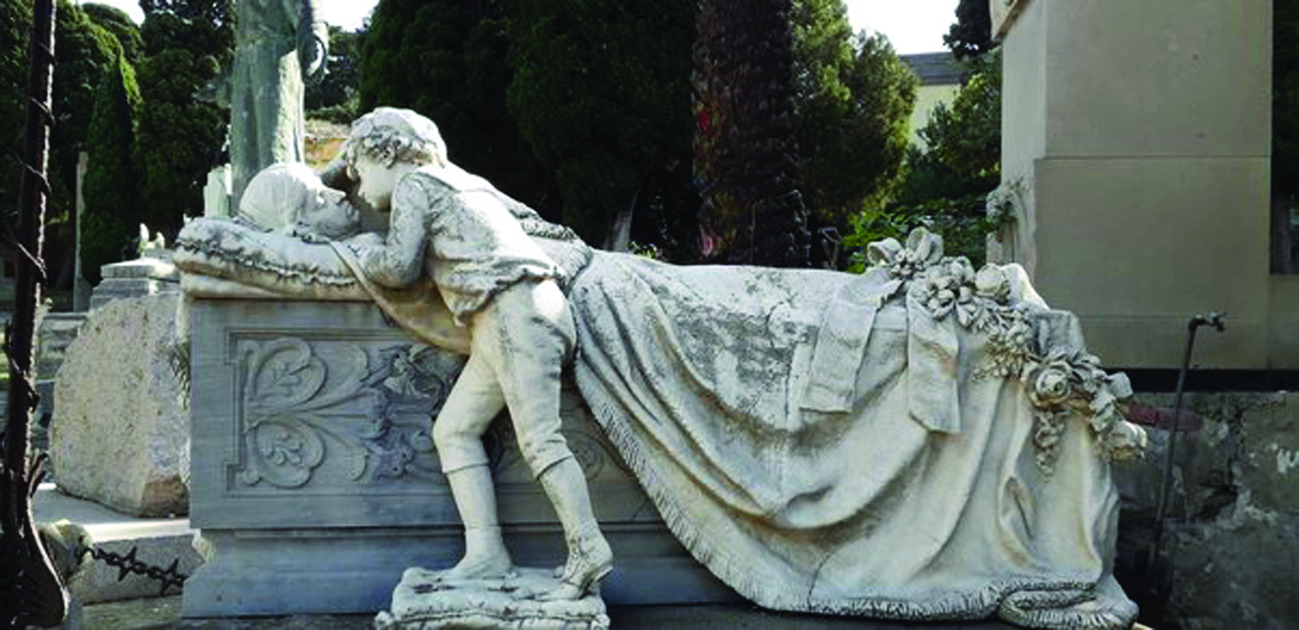
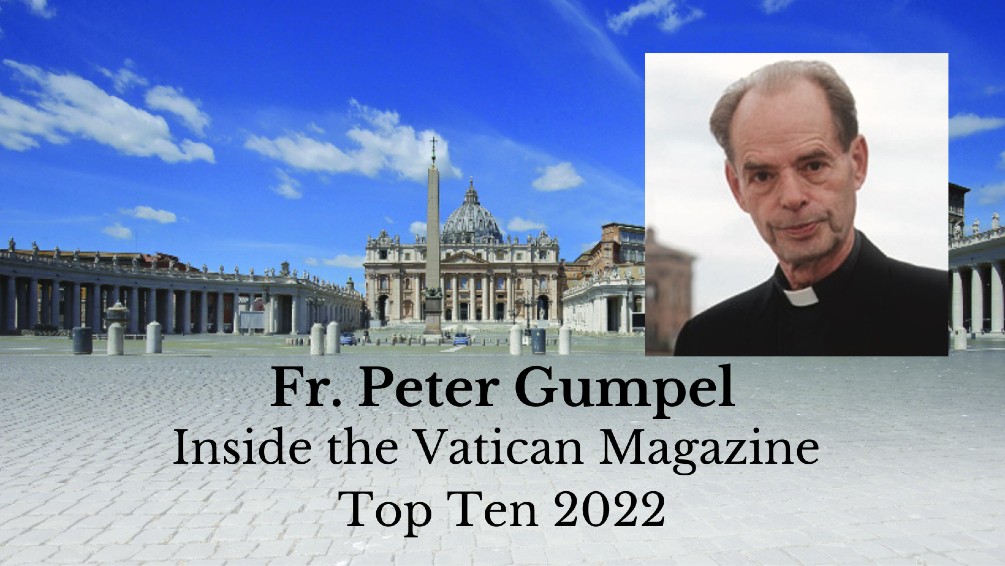
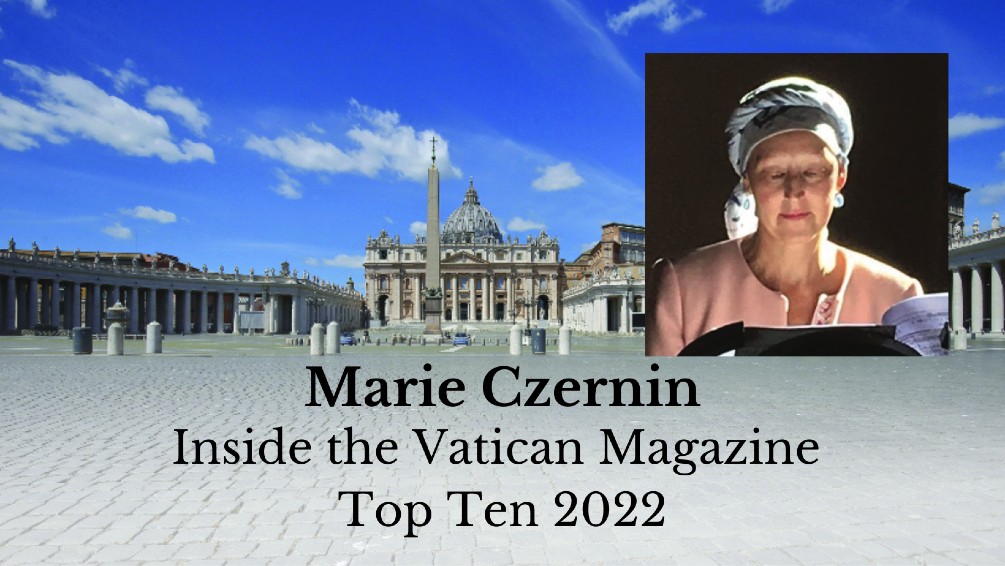
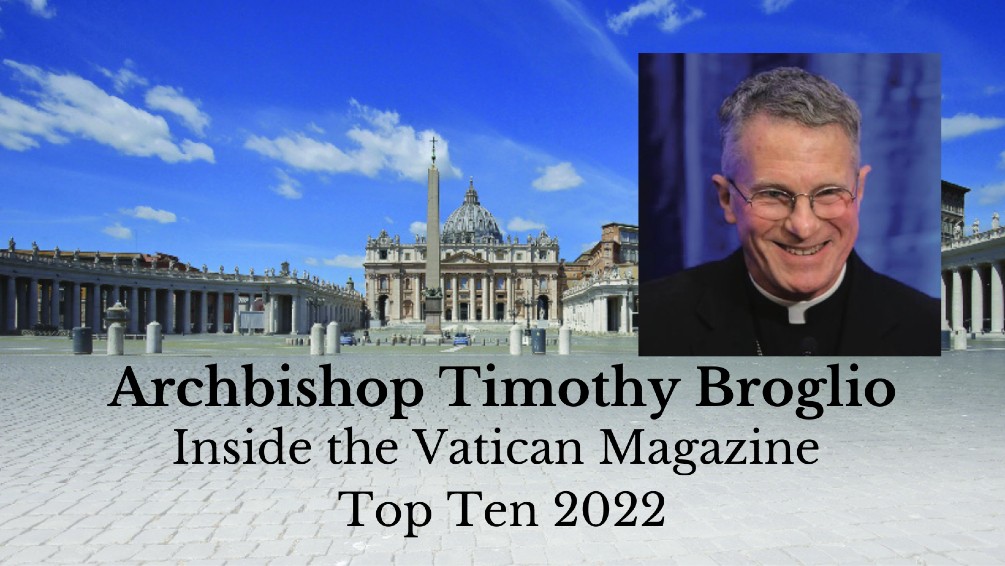
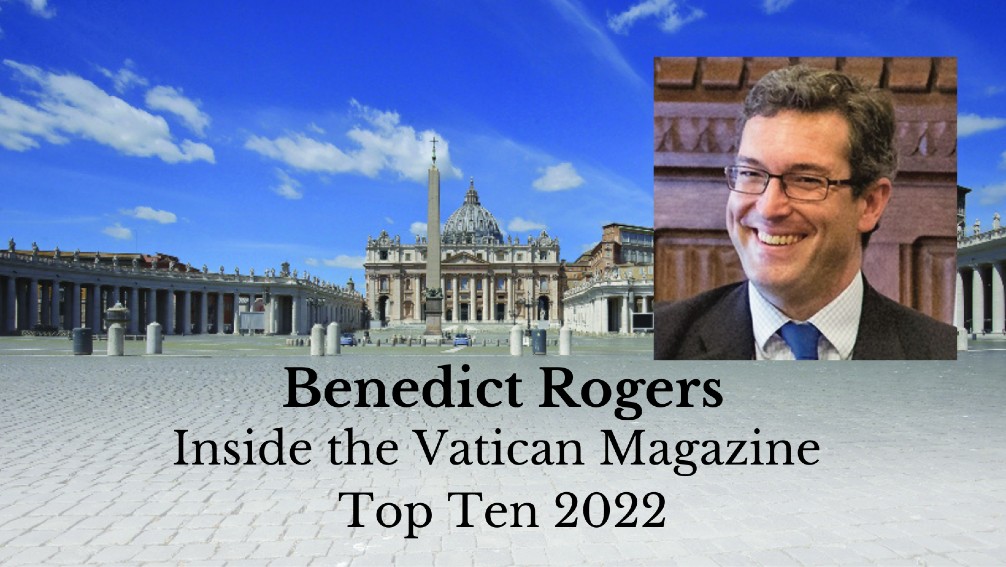
Facebook Comments